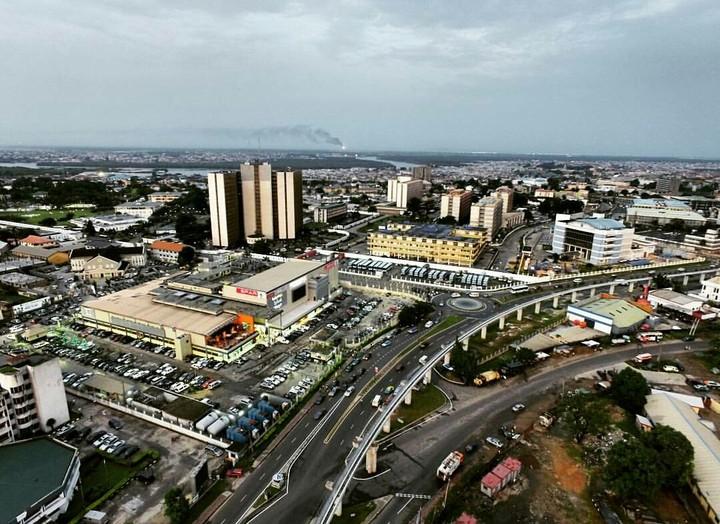An explosion in the oil-rich and politically volatile city of Port Harcourt reportedly killed a pro-Wike protester on Tuesday, escalating political tensions in Rivers State, Nigeria. The incident occurred during a demonstration in support of FCT Minister Nyesom Wike, adding a tragic dimension to the ongoing political unrest in the region.
The explosion took place in front of Hotel Presidential, a central location in Port Harcourt, as protesters mobilized by political leaders from various wards of the Obio/Akpor local government area marched to show solidarity with Wike. Eyewitnesses report that the victim, whose identity remains unconfirmed, may have been carrying the explosive device that detonated.

This protest is part of a larger political conflict involving 23 former local government chairmen, who are contesting the appointment of caretaker committees to replace them. These ex-chairmen and their supporters are calling for the continued police occupation of local government secretariats, a move that stems from disagreements with the Rivers State government over the expiration of their tenure.
Prominent political figures, including Minority Leader of the House of Representatives Ogundu Chinda, Speaker of the Rivers State House of Assembly Martin Amaewhule, and former Council Chairman George Ariolu, led the demonstration in Obio/Akpor. Similar processions have taken place in Port Harcourt City and Ikwerre local government areas.
At a gathering at the Rumueme Civic Center, protesters demanded that the Inspector General of Police maintain the occupation of council offices, expressing their support for Minister Wike and calling for governance based on the rule of law rather than discretion or impunity.

The incident has heightened concerns about public safety and political stability in Rivers State. At the time of reporting, the Rivers State police command had not yet responded to inquiries about the explosion, with PPRO Grace Iringe-Koko yet to issue a statement.
This tragic event underscores the volatile nature of political disputes in the region and raises questions about the security measures in place during public demonstrations. It also emphasizes the complex dynamics at play in Nigerian local politics, where control over local government areas can be a source of significant tension.
As investigations into the explosion continue and political leaders grapple with the fallout, the incident serves as a stark reminder of the potential for violence in politically charged environments. The coming days will likely see increased scrutiny of protest security measures and renewed calls for peaceful resolution of political disputes in Rivers State.



